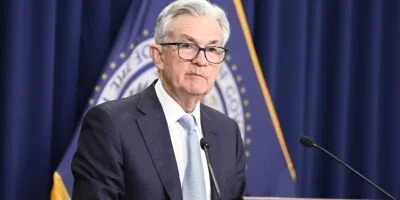“Robust Political Economy and the Federal Reserve” – Boettke and Smith
“The economics profession not only failed to predict the recent financial crisis, but has been struggling in its aftermath to reach a consensus on the cause(s) of the crisis. While competing narratives are being offered and evaluated, the narrow scope of the debate on strictly technical aspects of monetary policy has precluded the examination of broader questions of political economy that may prove to be of greater import. Attempting to find the technically optimal policy is futile when policy is crafted and implemented in a contemporary democratic setting characterized not by omniscience and benevolence, but by fallibility and competing special interest factions. Nobel Laureates Milton Friedman, F.A. Hayek and James Buchanan each sought ways to constrain a monetary authority and each ended up rejecting the possibility of doing so. We incorporate their experiences to make a case for applying the concepts of robust political economy to the Federal Reserve. Robust political economy calls for relaxing idealized assumptions in order to seek out institutional regimes that can overcome both the epistemic and motivational hurdles that characterize contemporary democratic settings.” Get it here.
“Robust Political Economy and the Federal Reserve”
Peter J. Boettke and Daniel J. Smith
SSRN, December 5, 2010.
Image by cjansuebsri / FreeDigitalPhotos.net.








